1. Hawthorn Red Tea
[Composition] 50g fresh hawthorn, 1g black tea, 20g sugar, 350ml water
[Preparation] Wash the fresh hawthorn and remove the core. Cut it into small pieces and put it in a pot. Add black tea, sugar, and a suitable amount of water. Place it on the fire and simmer slowly until the hawthorn is cooked. The tea soup is ready to drink.
[Efficacy] Moisturizes the mouth, relieves thirst, and improves appetite.
[Applicable Range] Suitable for symptoms such as dry mouth, indigestion, and stomach accumulation.
[Analysis] Hawthorn, also known as Shanlihong, originated in China and has a history of cultivation and consumption for over two thousand years. It has a mild nature and belongs to the spleen, stomach, and liver meridians. It can invigorate the stomach, aid digestion, and moisturize the mouth. It is mainly used for treating stomach accumulation, poor appetite, and abdominal pain. Regular consumption of hawthorn can soften blood vessels, enhance vascular elasticity, and lower cholesterol levels in the blood, effectively preventing and treating cardiovascular diseases. Combined with black tea, it can dispel cold and regulate the sour taste of hawthorn.
[Usage] Drink as a substitute for tea in daily life.
[Precautions] Black tea is warm in nature, so it is not suitable for consumption when it is hot or when there is excessive internal heat.
2. Milk Black Tea
[Composition] 150ml fresh milk, 2g black tea, 20g sugar, 150ml water
[Preparation] Boil the milk in a pot. Then brew the black tea with boiled water and pour it into the boiled milk. Add sugar and it is ready to drink.
[Efficacy] Nourishes Qi, dispels cold, calms the mind, and soothes the nerves.
[Applicable Range] Suitable for symptoms such as anemia and insomnia with frequent dreams.
[Analysis] Milk is rich in nutrients, including protein, fat, carbohydrates, calcium, iron, phosphorus, thiamine, riboflavin, vitamin A, carotene, and sugars, which are beneficial to the human body. It is easily absorbed by the body and is a nutritious beverage suitable for people of all ages. It has a neutral nature and sweet taste, which can nourish the spleen and stomach and moisturize the lungs. Black tea has a fragrant and rich taste, and drinking it can nourish the spleen and stomach, promote digestion, and nourish Yin. The combination of milk and black tea is a classic way to drink tea and is very suitable for winter consumption.
[Usage] Drink twice a day, once in the morning and once in the afternoon.
[Precautions] Not suitable for those with diarrhea.
3. Chrysanthemum Green Tea
[Composition] 5g chrysanthemum, 3g green tea, 20g sugar, 500ml water
[Preparation] Put chrysanthemum and green tea into the water and boil it. After making tea, add sugar.
[Efficacy] Clears heat, detoxifies, calms the mind, and improves eyesight.
[Applicable Range] Suitable for symptoms such as irritability and sore throat.
[Analysis] Chrysanthemum has a cool nature and a bitter taste. It belongs to the lung and liver meridians. It has the effects of detoxification, clearing heat, nourishing the liver, and improving eyesight. It is mainly used for symptoms such as dizziness, irritability, insomnia, and restlessness. Regular consumption of chrysanthemum can improve blood production in the cardiovascular system, increase blood flow in the coronary arteries, effectively improve myocardial ischemia symptoms, and have a significant effect on the recovery of cardiovascular disease patients. Chrysanthemum contains a large amount of selenium, which is one of the main components of anti-aging in the human body. It also has antiviral effects and can enhance the body's resistance to diseases. It is an ideal food for health and longevity. Green tea has a cool nature and a bitter taste. Regular consumption can clear heat, quench thirst, relieve summer heat, and reduce the incidence of cardiovascular and cerebrovascular diseases. It can also help eliminate the accumulation of body fat, and has the effect of weight loss and beauty. Green tea can also reduce the harm of electronic radiation to the body, especially suitable for people in the computer industry. In addition, green tea is also an ideal beverage for anti-cancer.
[Usage] Drink twice a day, once in the morning and once in the afternoon.
[Precautions] Not suitable for those with weak spleen and stomach.
4. Longan Green Tea
[Composition] 10g longan flesh, 2g green tea, 300ml water
[Preparation] Put longan flesh and green tea in a cup, pour boiling water, and let it steep. Then it is ready to drink.
[Efficacy] Clears heat, detoxifies, nourishes Qi, and nourishes blood.
[Applicable Range] Suitable for symptoms such as anemia.
[Analysis] Longan, also known as Guiyuan, has a sweet and fragrant taste, tender flesh, and rich nutrients. It is a nourishing food suitable for people of all ages. It has a warm nature and a sweet taste, belonging to the heart and spleen meridians. It can nourish the heart and spleen, nourish Qi, nourish blood, and calm the mind. It is mainly used for symptoms such as weak heart and spleen, insufficient Qi and blood, insomnia, palpitations, forgetfulness, and dizziness. It also has a certain regulatory effect on irregular menstruation. Green tea has a cool nature and a bitter taste. Regular consumption can clear heat, eliminate fire, cool blood, reduce cholesterol levels in the blood, reduce the incidence of cardiovascular and cerebrovascular diseases, and promote the elimination of body fat, with the effect of weight loss and beauty. Green tea can also reduce the harm of electronic radiation to the body, especially suitable for people in the computer industry. In addition, green tea is also an ideal beverage for anti-cancer.
[Usage] Drink twice a day, once in the morning and once in the afternoon.
5. Liver-Soothing and Qi-Regulating Tea
[Composition] 5g Bupleurum, 6g Atractylodes, 8g Poria, 9g Angelica, 20g White Peony, 10g Licorice, 5g Peppermint, 5g Ginger
[Preparation] Wash and clean the above ingredients, remove impurities, and then crush them. Put them in a teapot, add boiling water, soak for 10 minutes, and then add ginger. Then it is ready to drink.
[Efficacy] Nourishes Yin, moisturizes dryness, nourishes blood, and invigorates the liver.
[Applicable Range] Suitable for symptoms such as liver and spleen deficiency, diarrhea, constipation, irregular menstruation, and dysmenorrhea.
[Analysis] Bupleurum has a cool nature and a bitter taste. It belongs to the liver and gallbladder meridians. It can soothe the liver, improve vision, and relieve pain. It is mainly used for symptoms such as liver pain caused by hepatitis and irregular menstruation. Atractylodes has a warm nature and a sweet and bitter taste. It belongs to the spleen and stomach meridians. It has the effects of invigorating the spleen, nourishing the stomach, improving poor appetite, and sweating due to Qi deficiency. It is mainly used for edema, spontaneous sweating, and weak spleen and stomach. White Peony has a cool nature and a bitter and sour taste. It belongs to the liver and spleen meridians. It has the effects of soothing the liver, improving vision, nourishing blood, and regulating menstruation. It is mainly used for irregular menstruation and liver pain. These herbal ingredients combined can soothe the liver, regulate Qi, and nourish blood.
[Usage] Drink as a substitute for tea in daily life.
[Precautions] Not suitable for those with liver disease and physical weakness.
6. Polygonum Multiflorum and Salvia Tea
[Composition] 25g Polygonum Multiflorum, 25g Salvia, 15ml honey
[Preparation] Wash Polygonum Multiflorum and Salvia, grind them into powder, put them in a teapot, add boiling water and steep for half an hour. When the tea is rich in color, add honey and stir well. Then it is ready to drink.
[Efficacy] Calms the mind, nourishes the brain, and softens blood vessels.
[Applicable Range] Suitable for patients with cardiovascular and cerebrovascular diseases.
[Analysis] Polygonum Multiflorum has a mild nature and a bitter and moist taste. It belongs to the liver and kidney meridians. Its functions are to nourish the kidney and liver, nourish blood and Qi, darken hair, and detoxify. It is used to treat symptoms such as dizziness, tinnitus, liver and kidney deficiency, and premature graying of hair. Salvia has a mild nature and a bitter taste. It belongs to the heart and liver meridians. It has the effects of calming the mind, nourishing the blood, and regulating menstruation. It is mainly used for symptoms such as dizziness, palpitations, and irregular menstruation. These herbs combined can calm the mind, nourish the brain, and soften blood vessels.
[Usage] Drink as a substitute for tea in daily life.
[Precautions] Not suitable for those with liver disease and physical weakness.




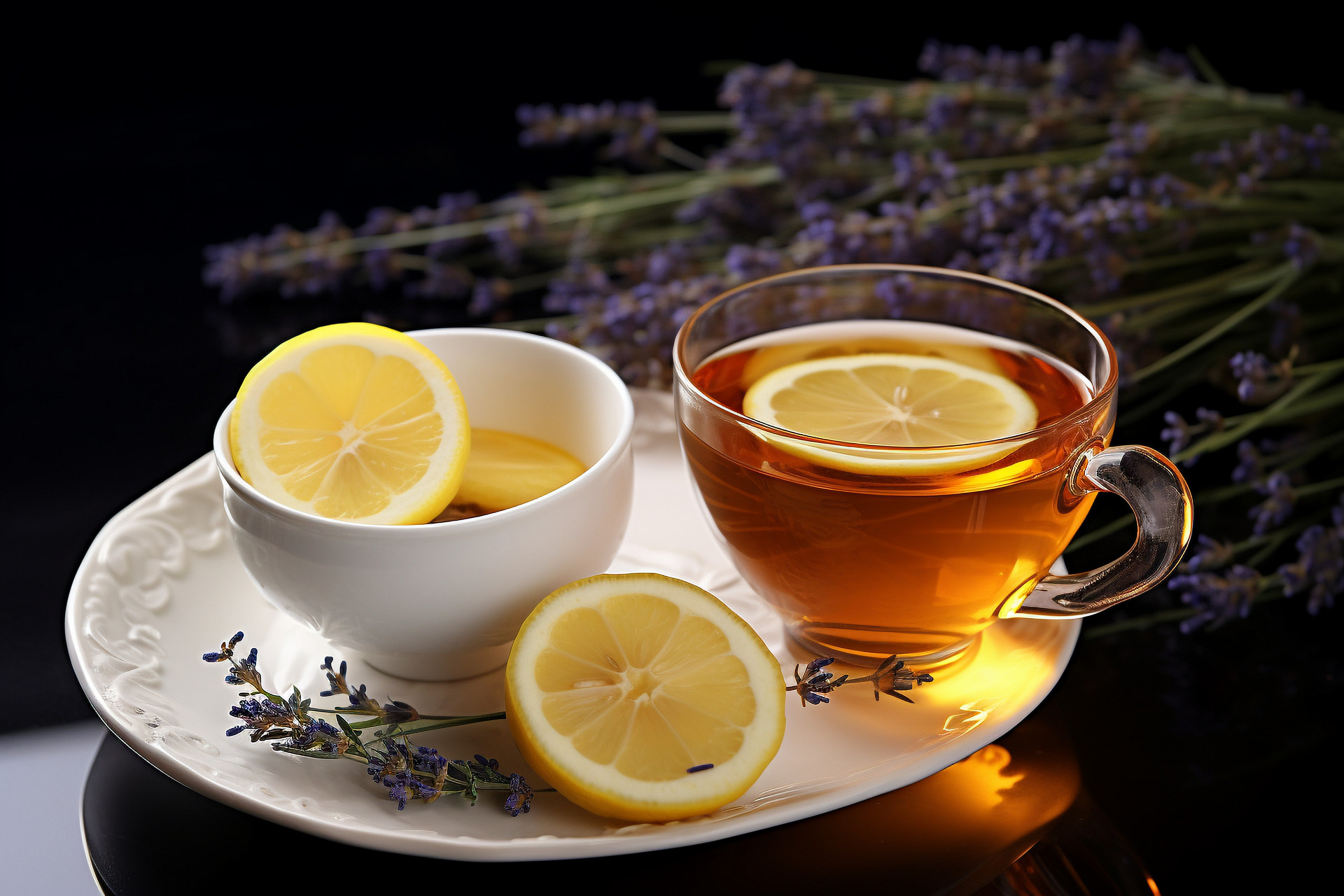
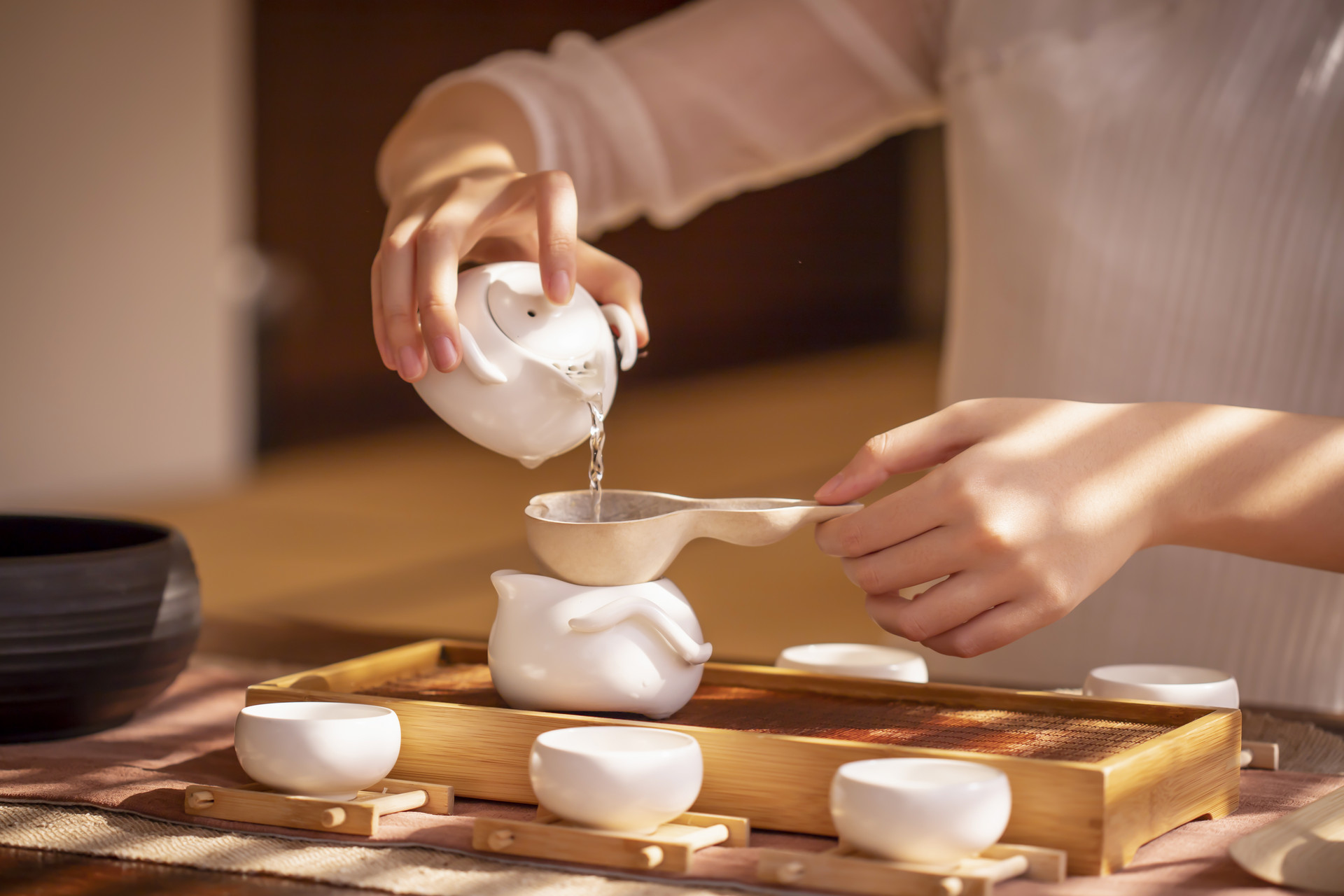
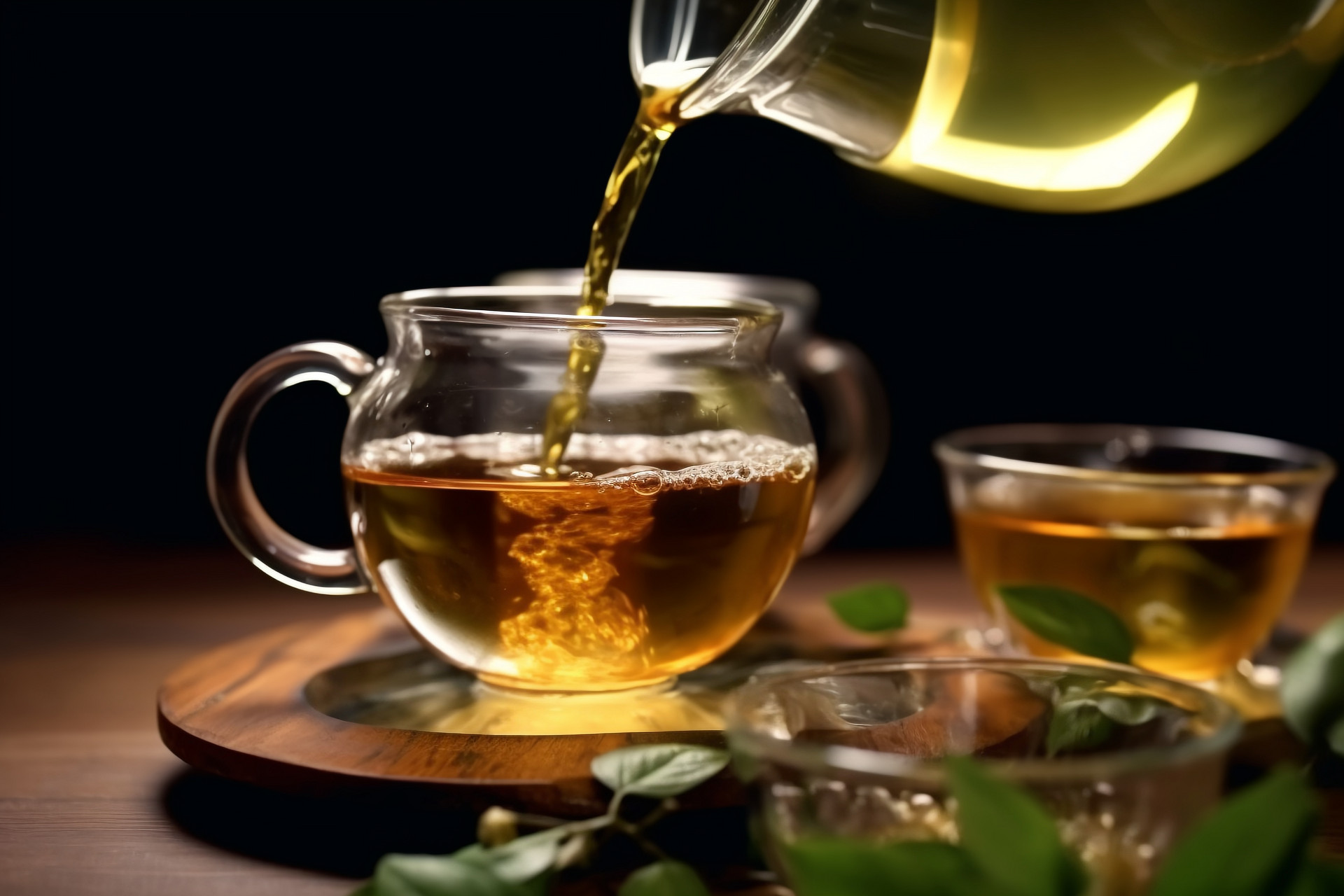

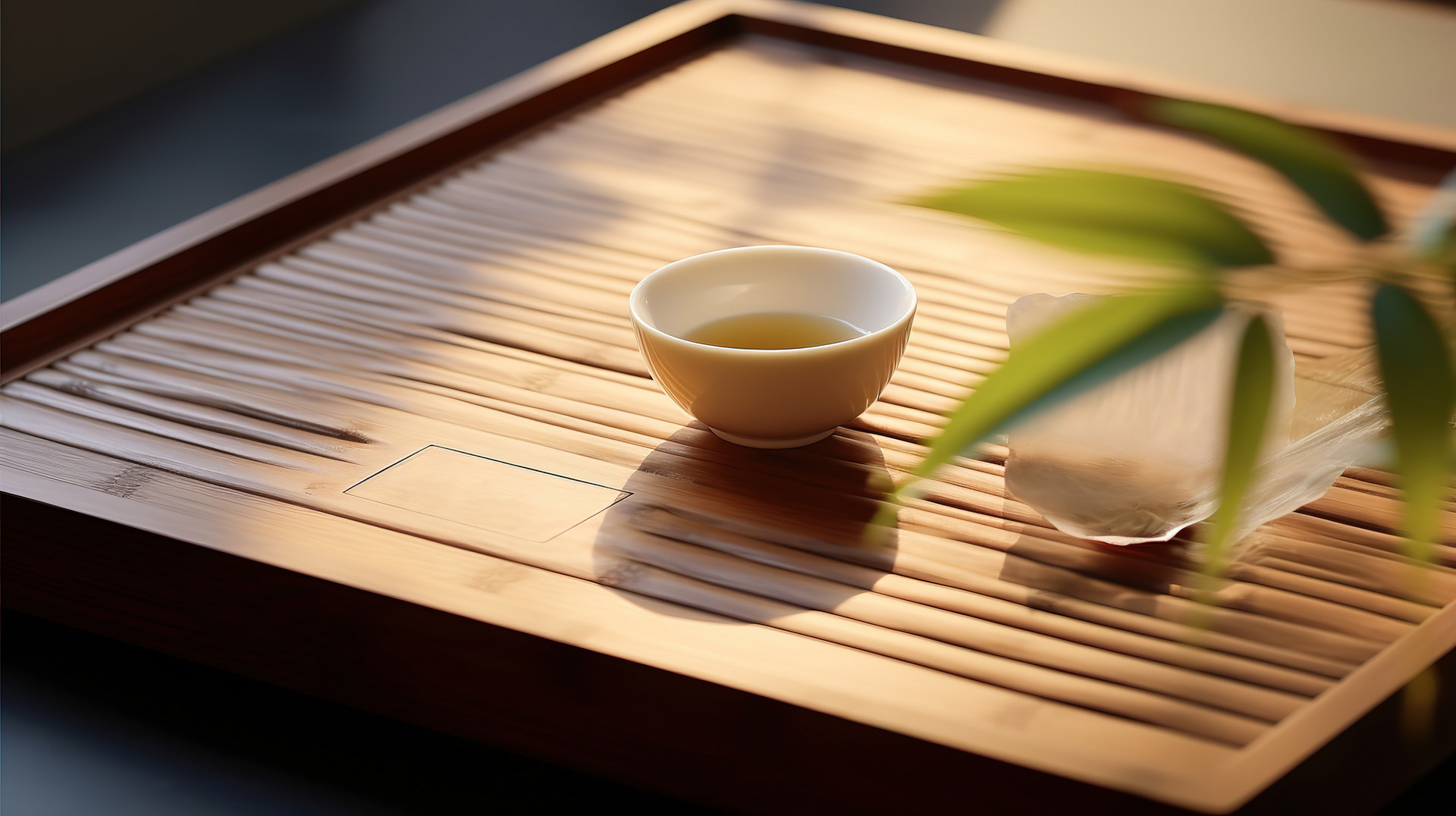
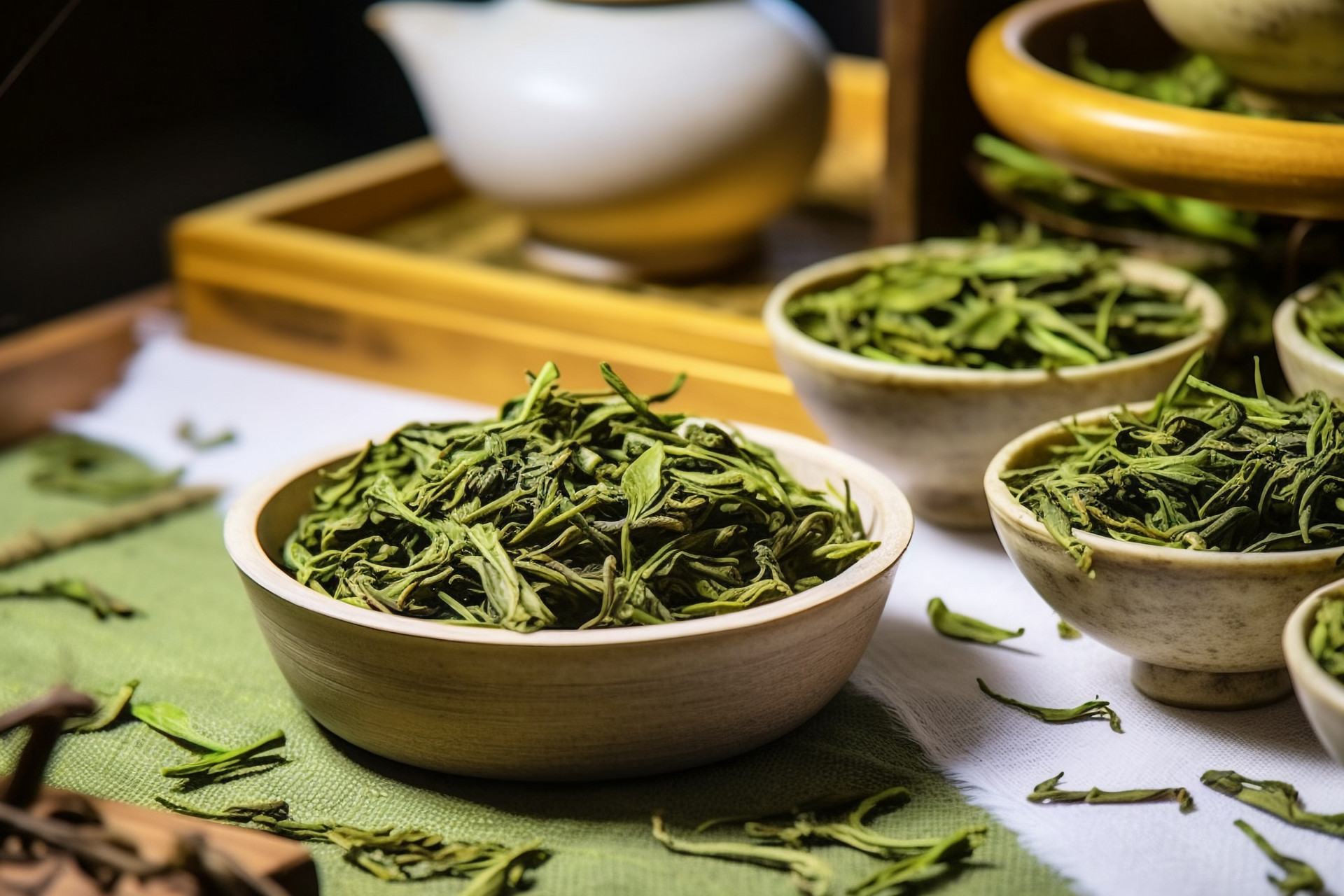
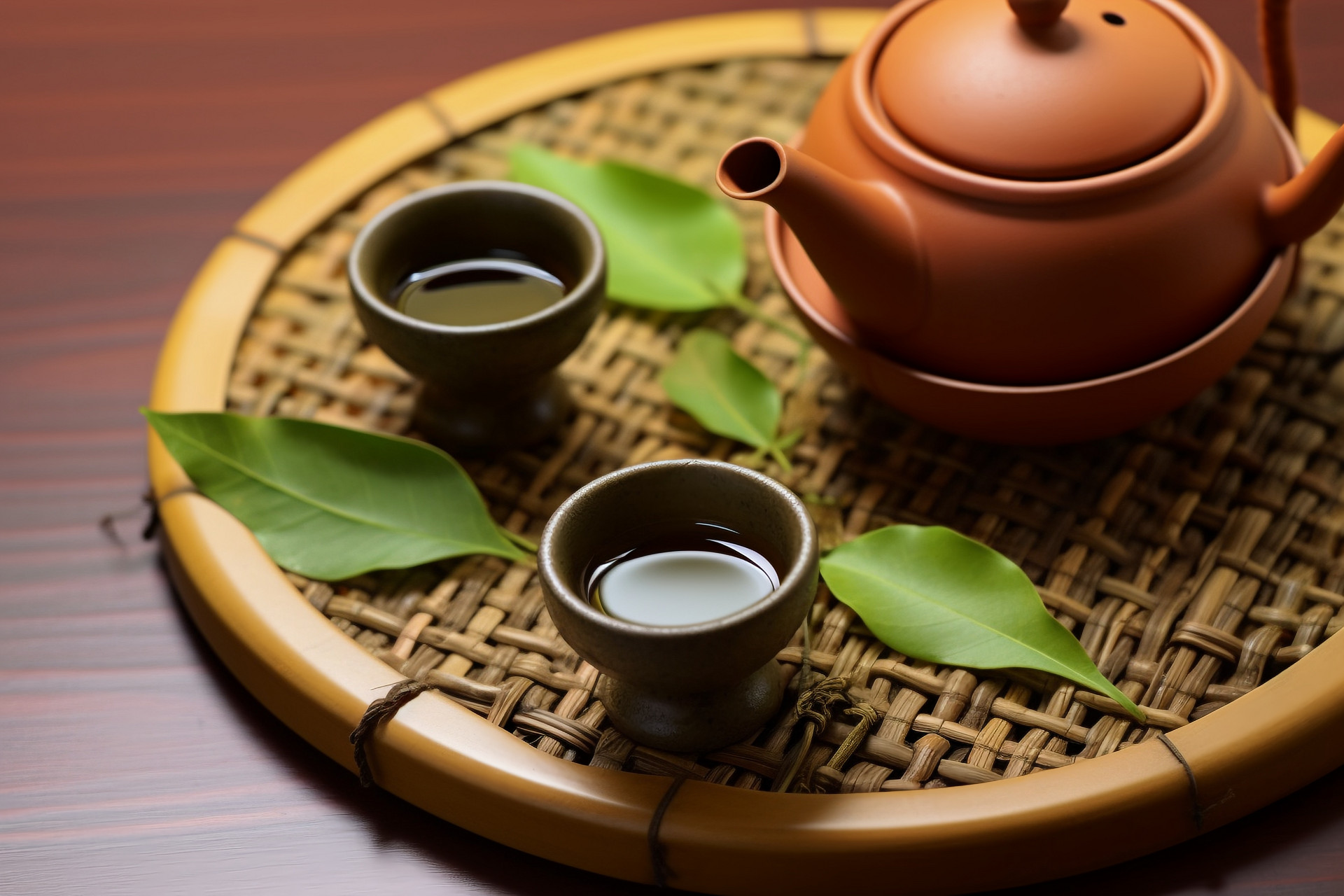
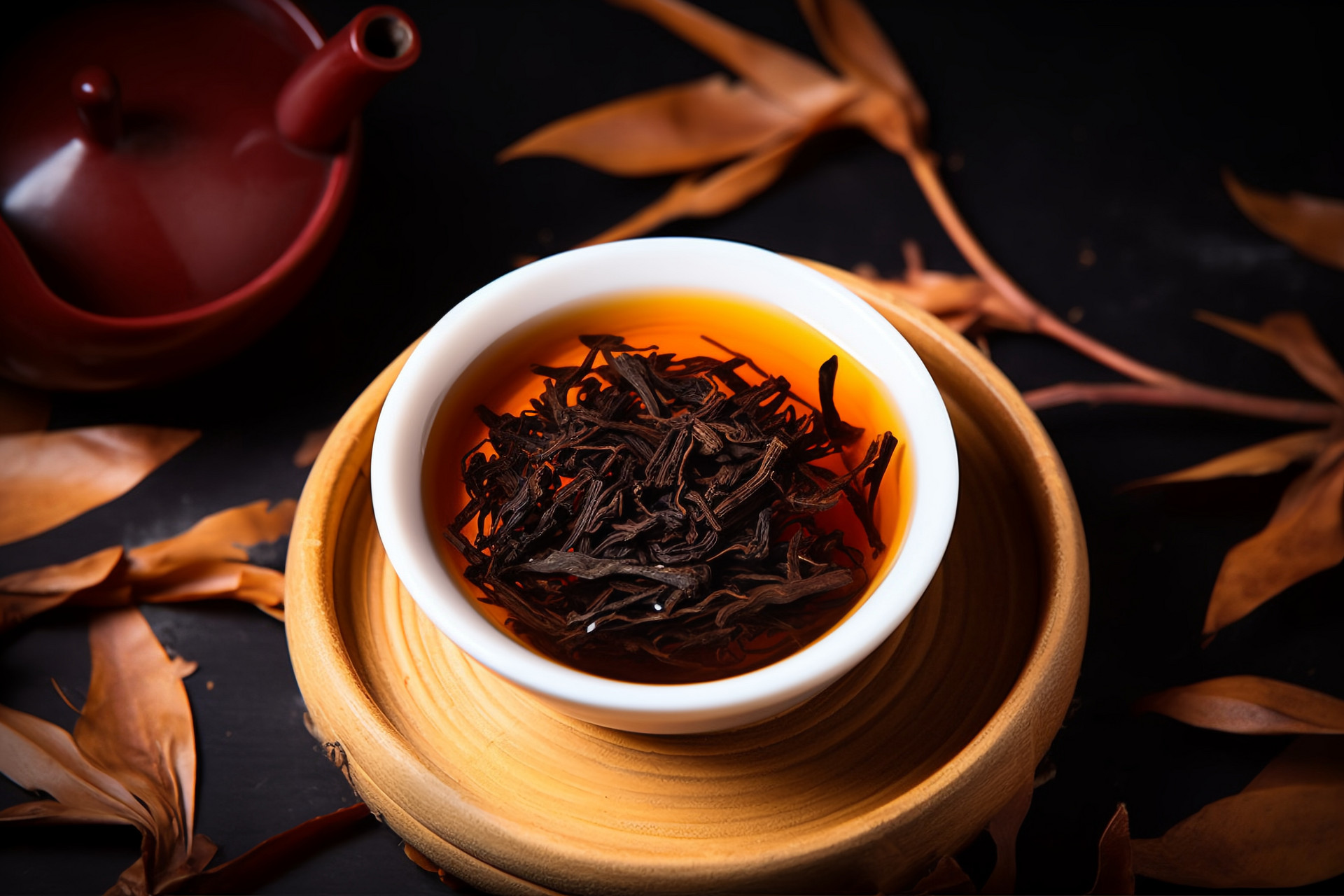
![[Herbal Wine Recipes for Health and Beauty]](https://tcmmaintenance.com/uploads/20240715/7241f6b6eafdaed88c28b26a37213964.jpg)